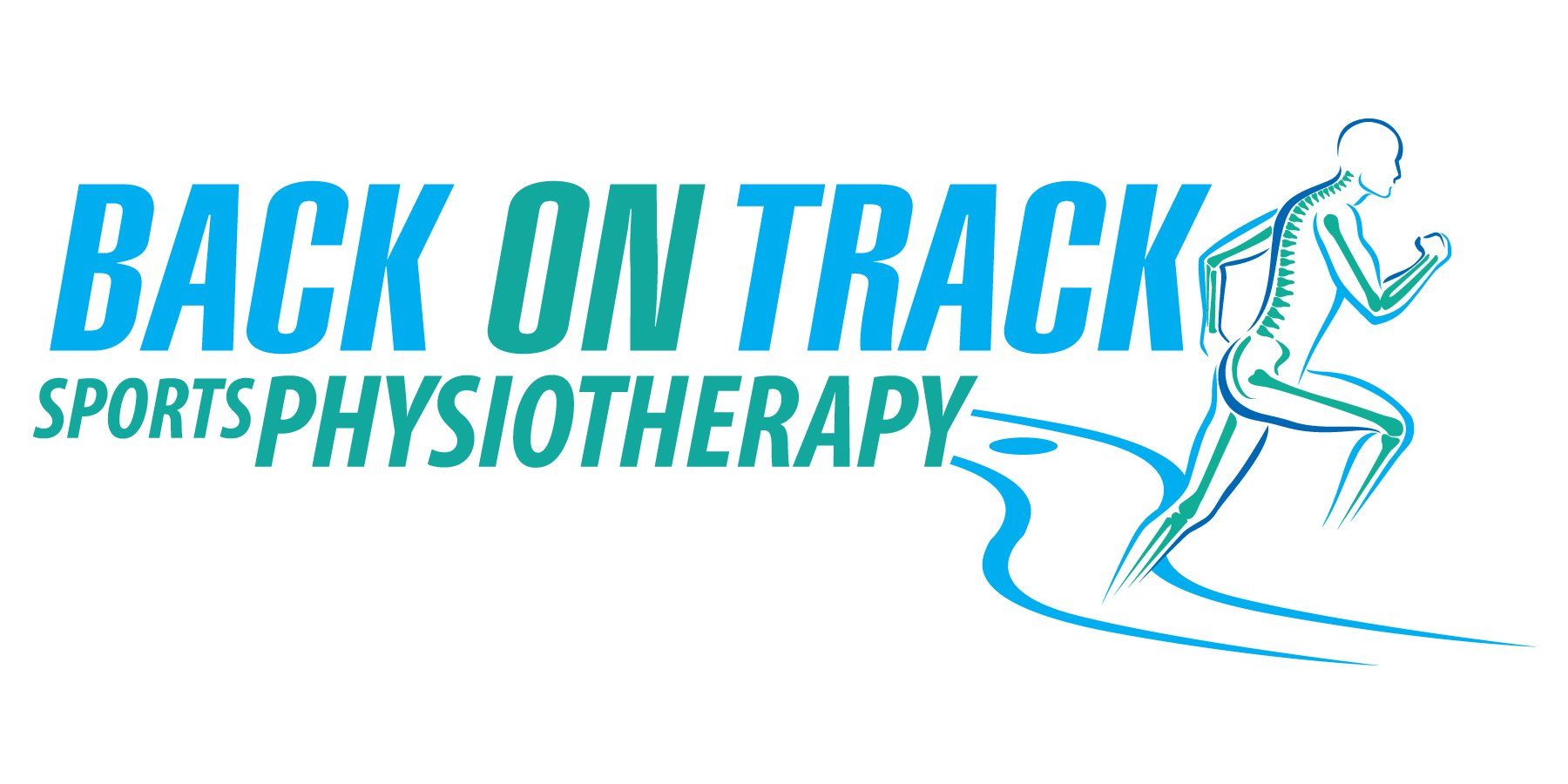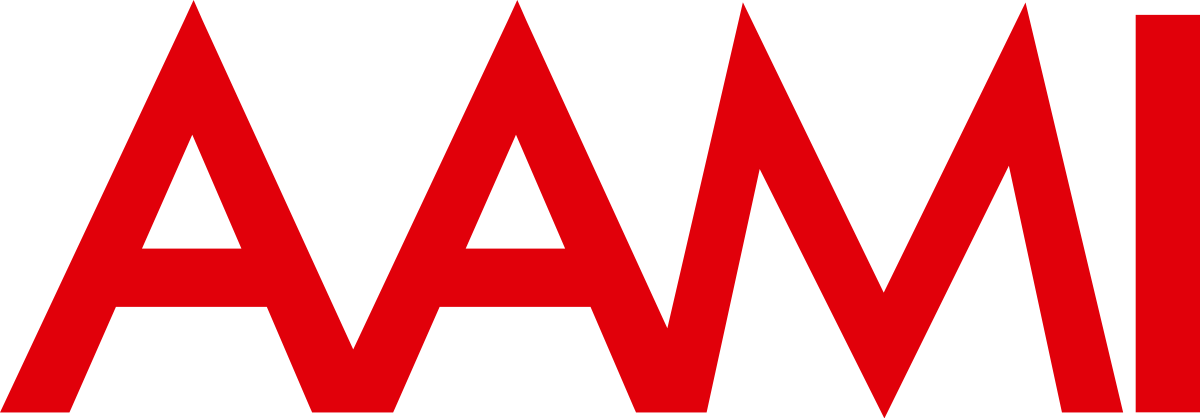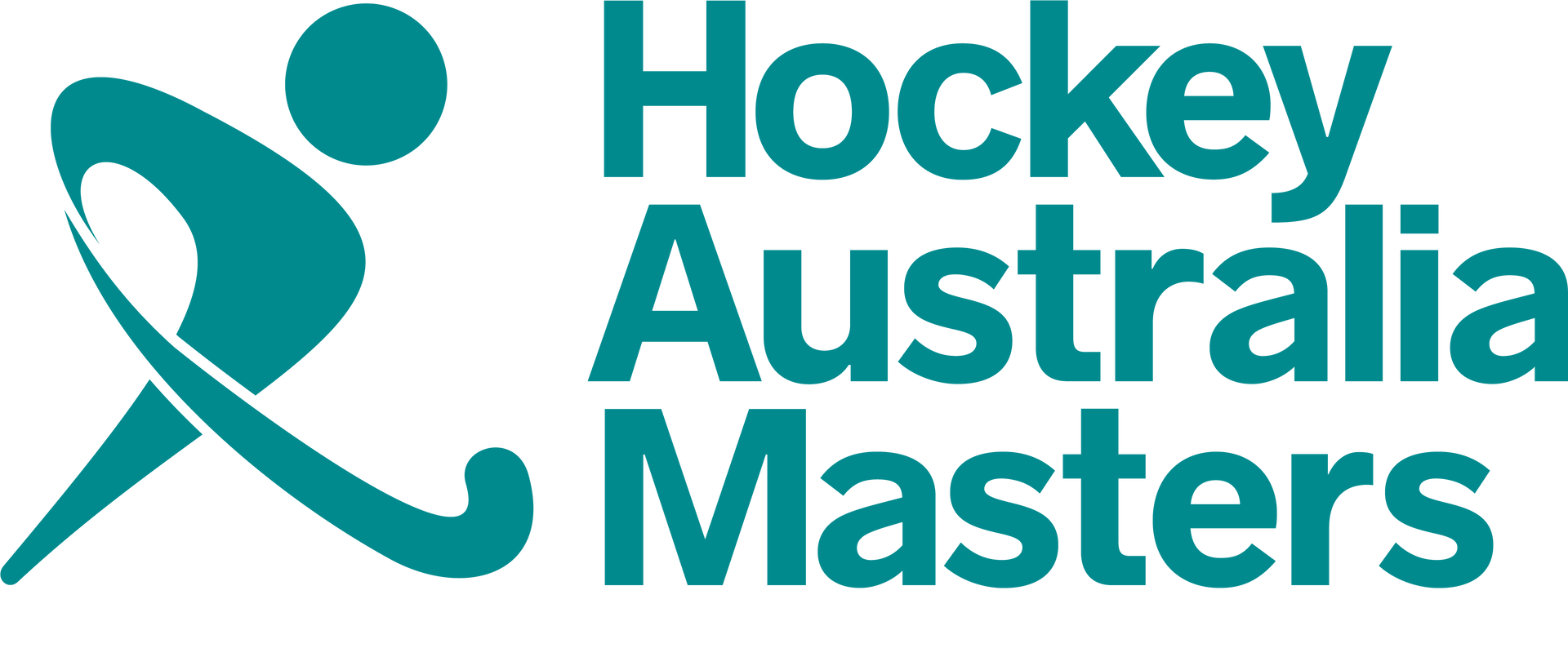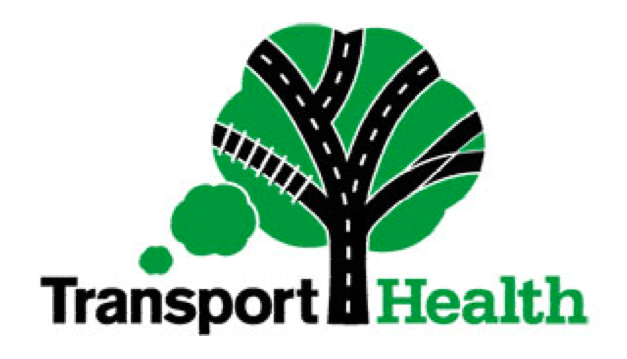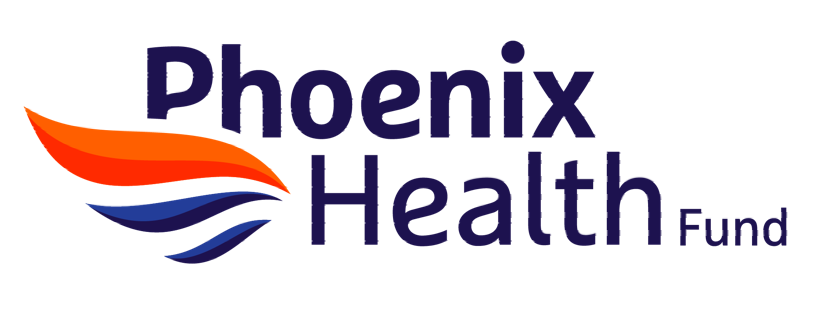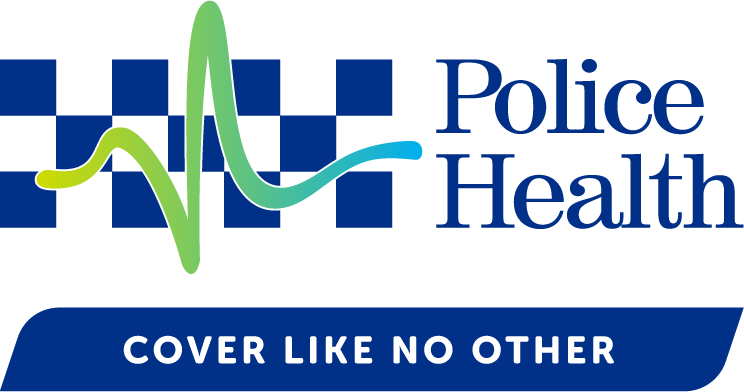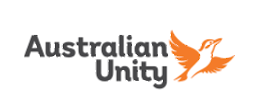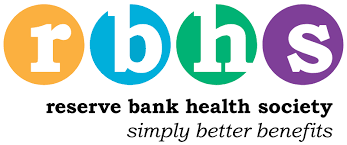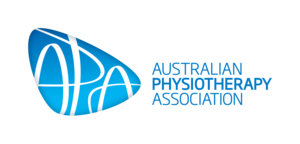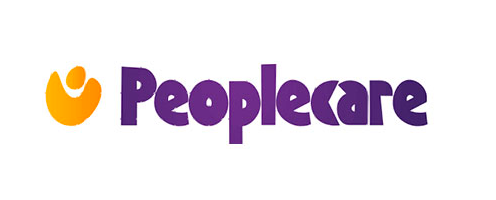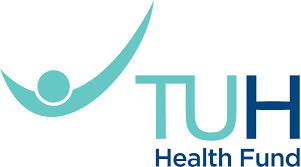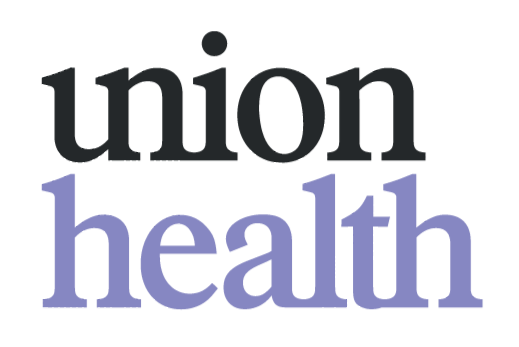Open 7 Days
Managing headaches and migraines - tips & support

Are you experiencing excruciating migraines? At Back on Track, we understand the debilitating impact migraines can have on your daily life. Migraines are more than just headaches; they can interfere with work, social life, and overall well-being. Our team of experienced physiotherapists are here to provide specialised migraine management to help you regain control over your migraines and live your life to the fullest.
We've also included self-management tips and details about how our physiotherapists can assist you.
Migraines
Migraines are complex, and understanding their underlying structural causes is crucial to effective treatment. That's why our approach begins with a comprehensive assessment aimed at pinpointing the specific factors contributing to your headaches. Once we've identified the root cause, we tailor our treatment plan to focus on addressing this area directly.
Self-management:
Living with migraines can be challenging, but with the right tools and strategies, you can take control of your symptoms and improve your quality of life. As part of our commitment to supporting you on your migraine journey, we'd like to share some practical tips for managing migraines at home:
- Establish a Regular Routine: Maintaining a consistent daily schedule for sleeping, eating, and activities can help minimize migraine triggers.
- Stay Hydrated: Dehydration is a common migraine trigger, so be sure to drink plenty of water throughout the day.
- Manage Stress: Stress is often a key factor in triggering migraines. Explore relaxation techniques such as deep breathing, meditation, or gentle yoga to help reduce stress levels and promote overall well-being.
- Identify Your Triggers: Keeping a migraine diary can help you identify patterns and triggers for your migraines. Pay attention to factors such as certain foods, environmental stimuli, hormonal changes, and stressors, and take steps to avoid or minimize them when possible.
- Prioritise Self-Care: Taking time for self-care is essential for managing migraines. Engage in activities that bring you joy and relaxation, whether it's reading a book, taking a leisurely walk, or spending time with loved ones.
How we can help
Manual Therapy: Physiotherapists can use hands-on techniques such as massage, joint mobilisation, or manipulation to alleviate muscle tension and improve joint mobility, particularly in the neck and upper back where tension can trigger migraines.
Postural Correction: Poor posture can contribute to muscle tension and migraine triggers. Physiotherapists can assess and correct posture issues, providing exercises and ergonomic advice to improve alignment and reduce strain on the muscles.
Exercise Prescription: Regular exercise has been shown to reduce the frequency and intensity of migraines. Physiotherapists can design personalized exercise programs to improve cardiovascular fitness, strengthen muscles, and enhance flexibility, which can help manage migraines.
Relaxation Techniques: Physiotherapists may teach relaxation techniques such as deep breathing, progressive muscle relaxation, or mindfulness meditation to help patients reduce stress and muscle tension, which are common triggers for migraines.
Education and Lifestyle Modification: Physiotherapists can educate patients about lifestyle factors that may contribute to migraines, such as diet, hydration, sleep habits, and stress management. They can offer guidance on making healthy lifestyle changes to minimize migraine triggers.
Cervical Spine Mobilisation: Since tension in the neck and cervical spine can contribute to migraines, physiotherapists may perform specific mobilization techniques to improve range of motion and reduce pain in this area.

